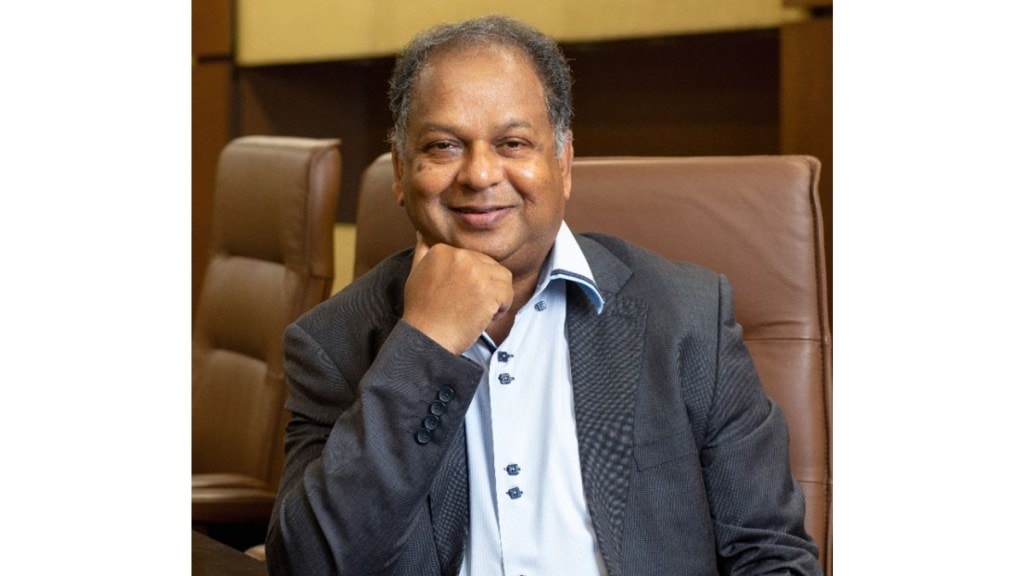Christopher Roberts, founder, managing director, Engaged Strategy, shares his views on opportunities and challenges of the Indian education system with FE Education Online.
What is the best thing about today’s education system?
Education today has gone more digital, partly bolstered by the pandemic and its consequent lockdowns. But this has worked to the advantage of the current student cohort comprising Gen Zs and Alphas who can be called digital natives. The education system today has been introducing them early on to technologies such as artificial intelligence and robotics, which is becoming necessary knowledge that will equip them in their future.
Also, there are efforts being made by the industry and by organisations focussed on enhancing the quality of education to bridge the skill gap between formal education and job requirements. This is a heartening improvement to creating a more industry-ready workforce. It is especially important in India today given that the country has entered its golden period where it will have the world’s largest workforce for the next 30-odd years. A majority of this workforce is going to include the later millennials and Gen Z who are shaped by a highly digitised world. This is a cohort that prefers experiences over materialism. Hence, metamorphosing the education system to suit their requirements and provide them with the skillsets required to deliver in a challenging and dynamic work environment is the need of the hour that is beginning to be catered to in many parts of the country.
What is the one thing you would like to change in the system?
Despite the changes that we have been witnessing, the education system continues to rely on bookish knowledge bound by a subject-based syllabus. The youth of today face immense pressure from meeting unrealistic body image expectations from mainstream media and the need for social media approval from their peers. In addition, instances of mental illness globally are increasing, especially with youth.
What the education system truly needs to do today is focus on empowering every student to tide through life successfully and become the best version of themselves. This includes the need to equip them in four major skillsets:
Mind skills – These include creativity, problem solving skills, ability to learn from mistakes rather than letting it affect them negatively, and to be resilient and persistent towards achieving goals despite the road blocks life will throw their way.
Life skills – These include the essential abilities to manage stress, identify toxicity in relationships and manage one’s social environment, maintain mental wellness and strike a work-life balance.
People skills – These include the ability to engage in active listening, clear communication, public speaking and influencing skills.
Business and Productivity – One of the critical elements of this skillset is time management. Practicing the 80:20 rule, leadership and the ability to sell their ideas, services regardless of their profession and even themselves
What is the role digital has played in the evolution of the education system?
Digital technologies have no doubt opened up the gates of the world to people. Students today have access to all the knowledge in the world and at the ease of a button click. This is great, but it comes with a Catch-22, which is that this knowledge is also unfiltered and many a time unverified, thus leading to negative influence. Besides, despite the fact that knowledge is so easily available and for free, many lack the skills to put to practice this knowledge obtained digitally.
Hence, even as the digital space is continuing to shrink the world and delimit education to a specific curriculum or region, which is great, it must also equip students with relevant life skills that help them take this knowledge into the real world and execute them well.
What has been the disadvantage of digital in education?
Digital form of imparting education is extremely convenient. It is not bound by the barriers of geography or location. However, when digital education becomes the primary mode of knowledge gathering, that poses a problem simply because humans are social animals by nature. This requires them to be part of a physical social set-up where teacher-student and peer interactions become more profound. Hence, digital education is definitely convenient, but is not the most effective.
What is the career advice you would like to give to students?
Do not follow the herd. Rather, make a career out of what you enjoy doing and that is when you can make a true difference in the world. If you enjoy your work, you will be good at it and therefore successful. More importantly, when you do what you enjoy, there won’t be a single day when you will need to ‘work’ because you end up having fun.
Also Read: NEP is 21st century philosophical document to assimilate ancient with modern, says Pradhan

